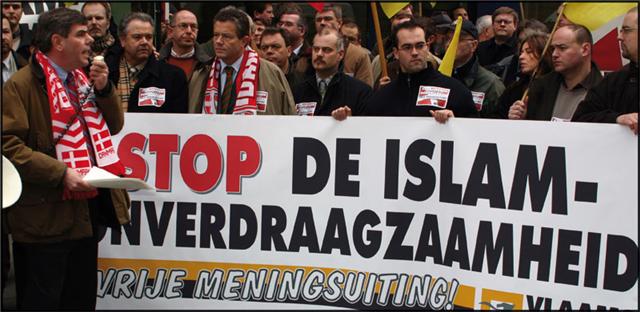The Dutch chain store Hema has admitted that it didn’t treat its shop assistant in a fair way. Hema has proposed 20-year-old Joyce to return and to take a new job with Hema, but she refuses as it involves a position where she would no longer have contact with customers.
The Hema store in Genk (Limburg province) decided earlier this week not to extend the temporary contract of a shop assistant because she wears a headscarf. It was reported that she was violating the company’s dress code. Hema had made the decision after complaints made by customers. The young woman refused to work without her head scarf and her contract was terminated. The case quickly made the headlines in the Belgian press.
However, Hema has now admitted that it did not treat the young woman correctly. “By allowing a headscarf first and forbidding it later, Hema did not act correctly towards this temporary employee”, a statement said. It came after a meeting with Belgium’s anti-racism centre.
Hema offered the woman a new position, offering her the possibility of keeping her headscarf on. However, it would involve a job where she has no contact with customers, which is why she turned down the offer.
In Genk, a demonstration was held this afternoon to support the young woman. According to Mayor Wim Dries (Christian democrat), some 300 people took part in the march. An estimated 80 percent of them were women. The initiative for the demonstration was taken by the Islamic community.
It was agreed earlier that the demonstration would not pass the Hema store. No incidents were reported.


 Schools Secretary Ed Balls received a frosty reception from voters as he went head to head with the British National Party in a soapbox debate in West Yorkshire today.
Schools Secretary Ed Balls received a frosty reception from voters as he went head to head with the British National Party in a soapbox debate in West Yorkshire today.